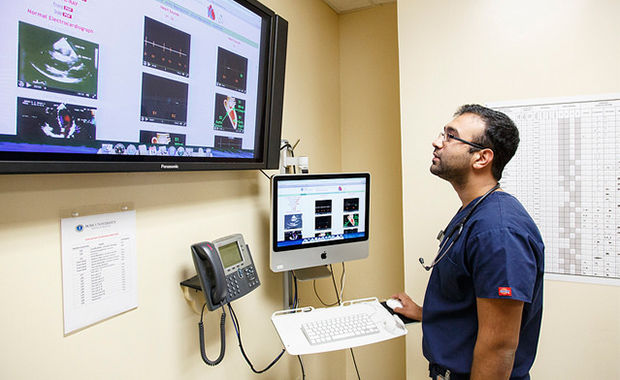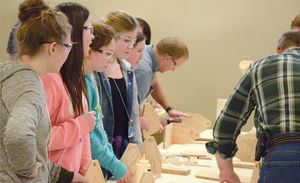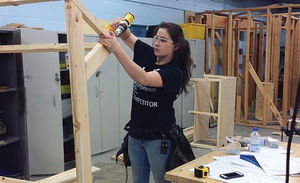Are You Caught Up? The Evolution Of Education Programs
Continuing studies Rigid timetables, classroom-based teaching, theoretical concepts—these were once the hallmarks of higher education programs.
Today, high education programs are beginning to fade as more and more students opt for the flexibility, accessibility, and career-skills focus of online and continuing education.
Changing student profile
A signal of this can be seen in the changing student profile. Whereas in the past, the bulk of students who made-up higher education programs were in the 18 to 24-year-old range, today that demographic has broadened.
“The couple of times that we’ve done demographic study work, we determined that the average age of a student at a career college is the late-twenties; although there are students who are eighteen coming straight out of high school, and there are people in their fifties and sixties. It’s a wide range,” says Paul Kitchin, Executive Director of Career Colleges Ontario.
Career-building skills
A number of factors are driving the soaring admission rates at colleges and universities that offer online and continuing education programs, however one of the biggest draws is the focus on real-life job skills.
“It’s about giving students the full set of skills they need to enter into a career. You’re going to get the practical, hands-on skills you need to be able to function on the job,” says Kitchin.
In today’s competitive job market, extra certificates, credentials, and skills are a big factor in what separates successful and unsuccessful job candidates.
“It’s about giving the students the full set of skills they need to enter into a career. You’re going to get the practical, hands-on skills you need to be able to function on the job.”
Flexibility and accessibility
Another huge draw is flexibility and accessibility. Many continuing education programs allow students to attend school partially or entirely online. Because of this, people from all over Canada have the same opportunities for enrichment. As long as you have an internet connection you can be in school working towards a degree or certificate.
“If someone lives in rural Ontario or is a single parent, the benefits of e-learning are huge. So there’s some leveling of the playing field in terms of education if people can get their education online or part of it online,” says Dr. Lorraine Carter, President of the Canadian Association for University Continuing Education.
The future of online learning
What’s more is online courses have proven to be an effective learning environment, especially in comparison with large lecture-style courses.
And with advancements in communication technology, online education may one day be able to replicate even the most technical of school work, including labs and workshops.
“There are big possibilities around simulations and 3D virtual environments. And I think that’s only going to continue to grow. The Northern Ontario School of Medicine’s utilization of very high end simulations and learning objects is evidence that you can do it” says Carter.





.jpg)















